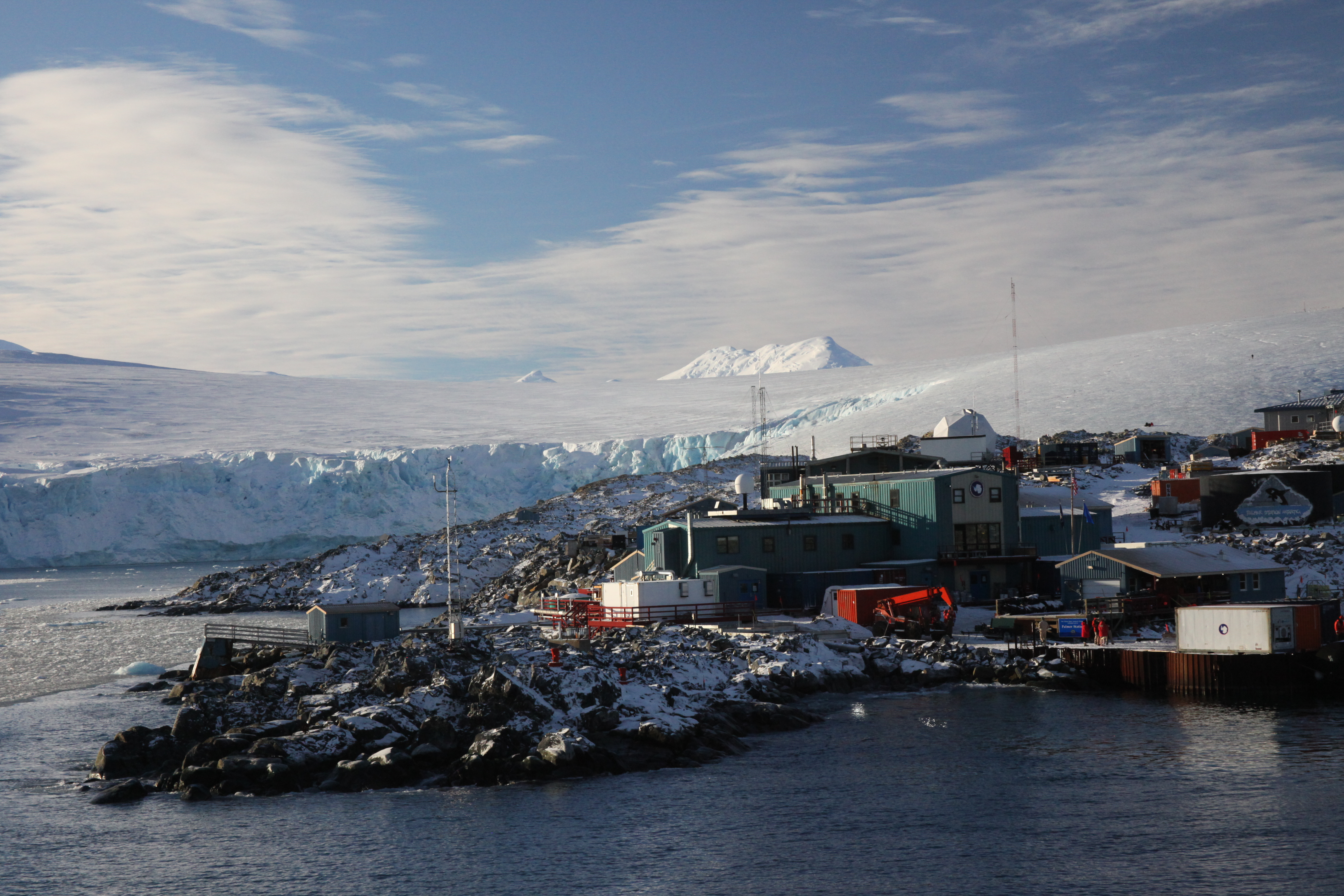Master of Science in Environmental Science and Policy
The Environmental Science and Policy degree equips students with substantive breadth in knowledge and skills at the intersection of environmental science and policy.
100%
The College of Science prepares graduates for the future of work. 100% of our graduates secure employment opportunities soon after completing their degree. (2021 graduate survey data)
20%
A master’s degree holder can expect to earn an average of 20 percent more than someone who has only earned their bachelor’s degree. (U.S. Bureau of Labor Statistics, 2021).
8%
Employment of environmental scientists and specialists is projected to grow 8% from 2019 to 2029, much faster than the average for all occupations. (U.S. Bureau of Labor Statistics, 2021).
The Master of Science Environmental Science and Policy, a joint program between the College of Science and the College of Social Sciences and Humanities’ School of Public Policy and Urban Affairs, provides interdisciplinary training and environmental problem-solving expertise to the next generation of environmental professionals. The program emphasizes a broadly interdisciplinary and synthetic approach that integrates knowledge in the environmental sciences (conservation biology, climate change, fisheries science, ecosystem function, biodiversity, restoration ecology) with the social sciences (policy, economics, sociology, political science, and development) and humanities (environmental history, philosophy, and ethics). The goal of the program is to equip professionals with substantive breadth in knowledge and skills at the intersection of environmental science and policy. The program focuses on training students to think critically about the underlying causes of environmental problems and understanding the reciprocal relationships between coupled human-natural ecosystems and the interconnections between social and technological innovations. The program explores practical approaches and potential solutions that decision-makers need to evaluate in policy debates related to promoting environmental sustainability.
Need more flexibility?
We also offer a MS in Marine Biology, and a PhD program. Learn more here.
Commitment
- 1.5 years (with optional experiential co-op opportunity)
- Full-time & part-time offerings
- On-campus in Boston
International Students
Find out what additional documents are required to apply here.
Requirements
- Online application
- Application fee
- All transcripts
- Personal statement
- Resumé
- 2 letters of recommendation
- English language proficiency
- GRE not required
Environmental Science and Policy career paths
The Master of Science Environmental Science and Policy requires 36 credits for completion. Students take nine classes across three semesters. In addition, there are two required seminar classes, two skills classes, and two department-based electives. Students are then able to take three interdisciplinary courses from any college at Northeastern. This opportunity gives learners the chance to expand their horizons and apply environmental science and policy to various disciplines and future career paths.
Environmental Policy
Focus:
- Policy Science and Analysis related to environmental management
- Regulations
- and more
Potential career paths:
- Federal, state, local government
- NGOs
- Corporate institutions

Environmental Science and Sustainability
Focus:
- Environmental management
- Climate change
- Food systems
- Equity in sustainability
- Corporate government sustainability
- and more
Potential career paths:
- Federal, state, local government
- Small non-profits
- Large and international NGOs
- Environmental consulting
- Corporate sustainability roles

Ecology and Marine Science
Focus:
- Environmental management
- Research
- Climate change
- Marine systems
- Water resource management
- and more.
Potential career paths:
- Federal, state, local government
- NGOs
- Environmental consulting
- Research institutions













